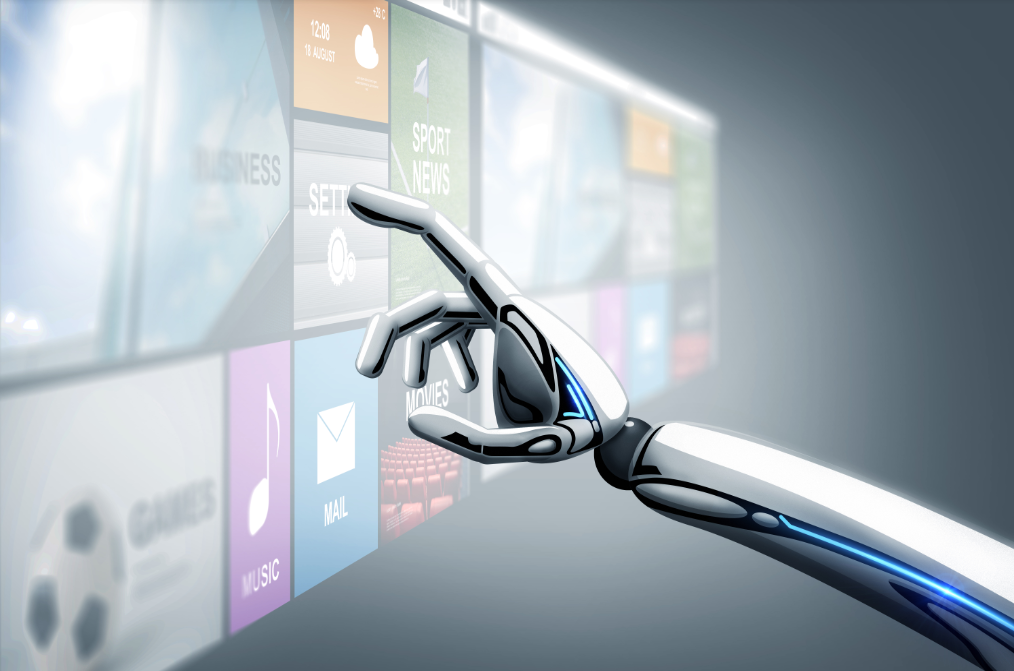

Artificial intelligence can be applied to all stages and aspects of the field of agricultural products, such as:
Agriculture: Artificial intelligence can help farmers optimize inputs, outputs and processes by using sensors, drones, satellites and robots to collect and analyze data on soil, weather, crops, pests, diseases and livestock. AI can also provide farmers with actionable insights and recommendations, such as when and how much to irrigate, fertilize, harvest or handle crops and animals. AI can also enable precision agriculture, the practice of tailoring management to the specific needs and conditions of each crop or animal.
Processing: Artificial intelligence can help food processors improve operations by using computer vision, machine learning and natural language processing to monitor and control the quality, safety and efficiency of products and processes. AI can also help food processors develop new innovative products by using generative design and predictive analytics to create novel recipes, flavors, textures and formulations. AI can also automate food processing, which is the use of machines and systems to perform tasks typically performed by humans, such as sorting, grading, slicing, packaging and labeling.
Distribution: Artificial intelligence can help food distributors optimize logistics by using optimization algorithms, reinforcement learning, and blockchain to plan and coordinate the transportation, storage, and distribution of food and agricultural products. AI can also help food distributors enhance their traceability by using RFID tags, QR codes and smart contracts to track and verify the origin, destination and condition of their products. AI can also enable food delivery personalization, which is the practice of customizing products and services based on each customer's preferences and needs, such as dietary restrictions, allergies or tastes.
Consumption: Artificial intelligence can help food consumers make better choices by providing them with information, suggestions about food and nutrition through the use of chatbots, recommendation systems and voice assistants and feedback. AI can also help food consumers enjoy their food by using augmented reality, virtual reality and gamification to create immersive and interactive experiences around food. AI can also enable food consumption innovation, which is the creation of new alternative ways of producing and consuming food, such as lab-grown meat, plant-based meat or insect-based food.
Artificial Intelligence can have significant impacts and consequences on the agricultural product industry, such as:
Society: Artificial Intelligence can Social aspects that impact the agri-food industry, such as employment, education, and empowerment of workers and consumers. Artificial intelligence can create new jobs and skills, but it can also displace and displace existing jobs and skills, requiring retraining and retraining. AI can also provide information and knowledge, but can also create bias and inequality, requiring awareness and inclusivity. Artificial intelligence can also facilitate participation and collaboration, but can also create conflicts and disputes that require regulation and governance.
Economic: Artificial intelligence can impact the economic aspects of the produce industry, such as costs, revenues, and profits for producers and consumers. Artificial intelligence can reduce costs and improve efficiency, but it will also bring new expenses and challenges, requiring investment and innovation. AI can also increase revenue and profits, but also introduce new risks and uncertainties that need to be managed and insured. AI can also create new markets and opportunities, but it can also create new competitors and threats, requiring strategy and adaptation.
Environment: Artificial intelligence can impact the environmental aspects of the agri-food industry, such as resources, emissions, and the impact of food and agricultural production and consumption. Artificial intelligence can reduce resource use and waste, but it will also create new needs and pressures that require conservation and optimization. AI can also reduce emissions and pollution, but can also create new sources and problems that require mitigation and remediation. AI can also reduce impacts and damage, but can also create new impacts and consequences that need to be monitored and evaluated.
The above is the detailed content of Application and impact of artificial intelligence in the agricultural products industry. For more information, please follow other related articles on the PHP Chinese website!
 Application of artificial intelligence in life
Application of artificial intelligence in life
 What is the basic concept of artificial intelligence
What is the basic concept of artificial intelligence
 What is blockchain web3.0
What is blockchain web3.0
 What does STO mean in blockchain?
What does STO mean in blockchain?
 How to make money with blockchain
How to make money with blockchain
 What is the inscription in the blockchain?
What is the inscription in the blockchain?
 Four major characteristics of blockchain
Four major characteristics of blockchain
 Detailed explanation of arp command
Detailed explanation of arp command
 What format is doc?
What format is doc?




